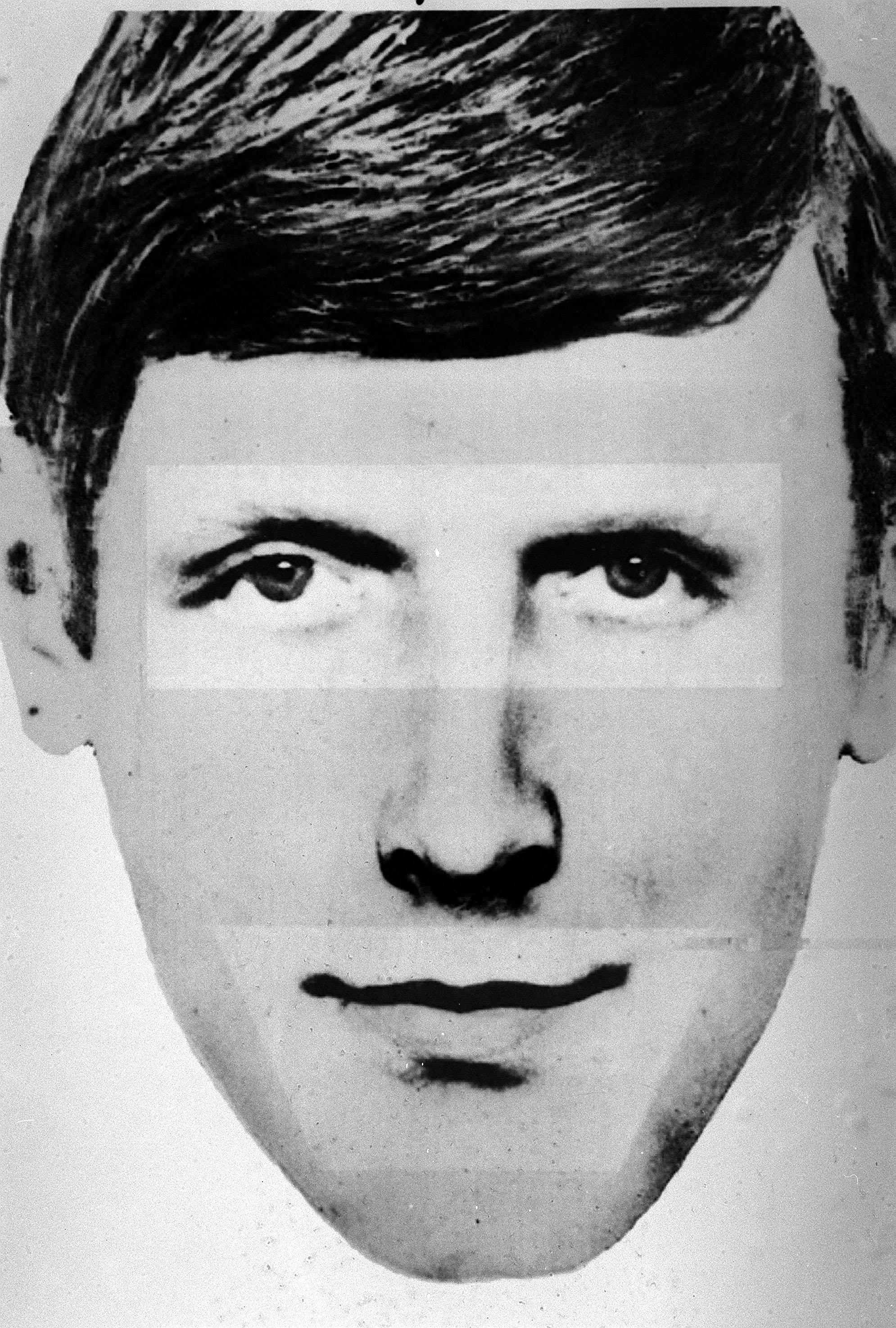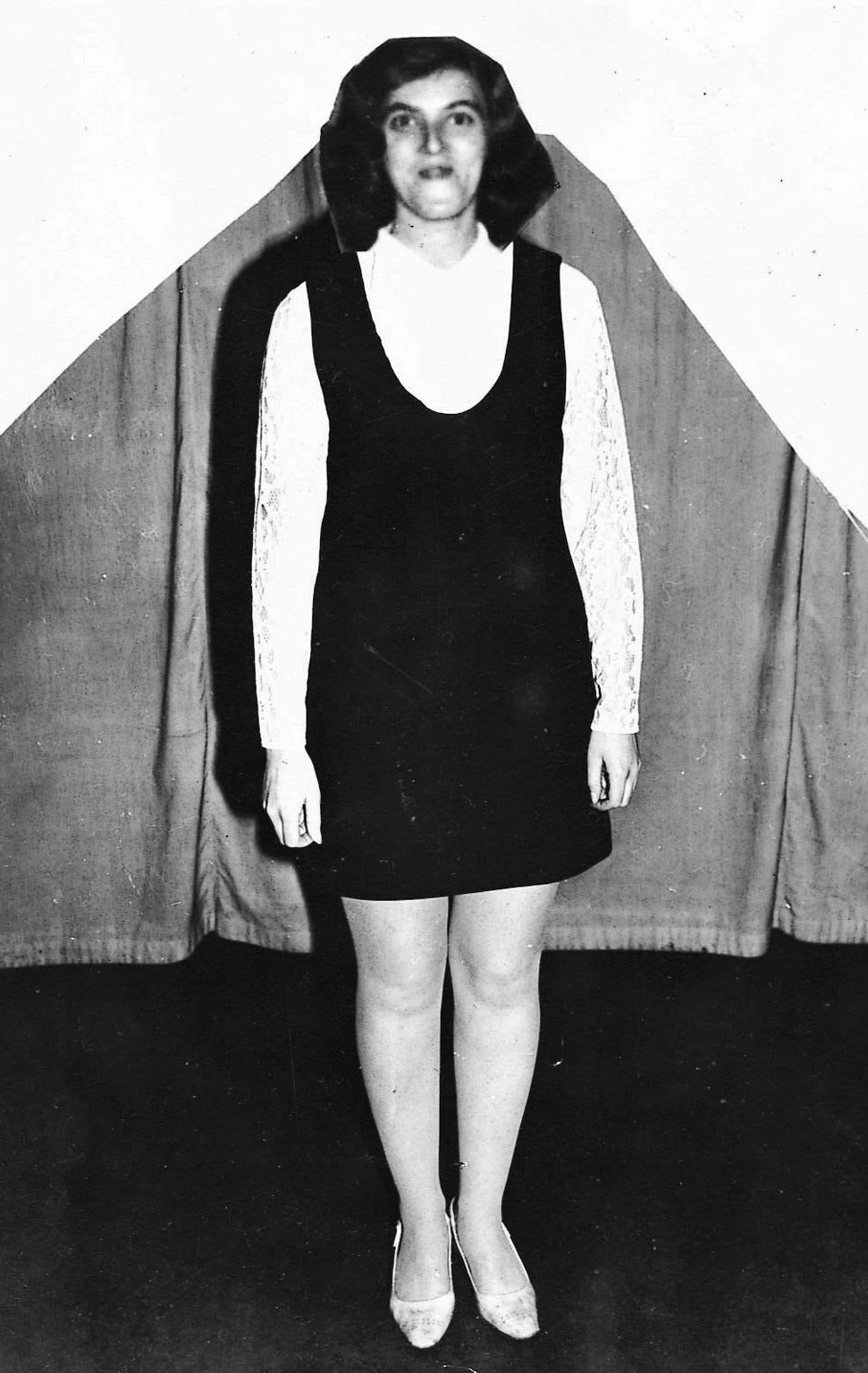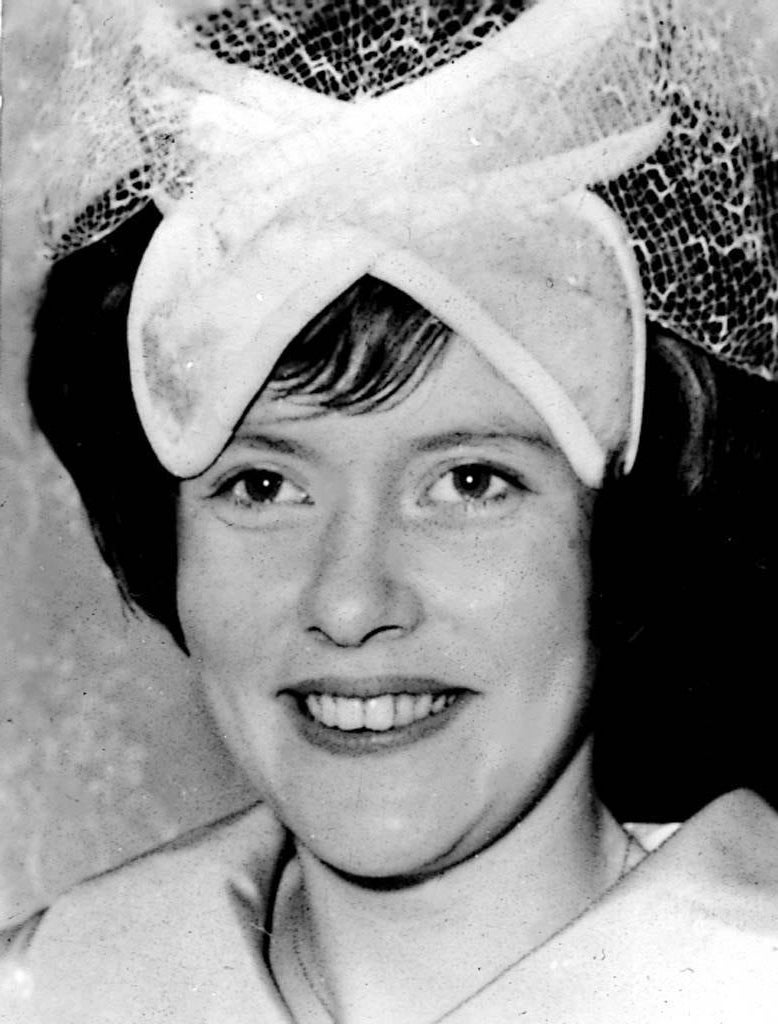
The identity of the man in the taxi in the infamous Bible John case was “covered up” by top police officers, it has been claimed.
The murder of Helen Puttock in 1969 came after a man shared a cab home with her and quoted a verse from the Bible.
Her brutal killing was linked to the murder of two other women in Glasgow - Patricia Docker, 25 and Jemima MacDonald over a period of 18 months between 1968 and 1969 in Glasgow.
Now, a BBC podcast claims there was evidence pointing to the man in the taxi being John Irvine McInnes, the cousin of a senior police officer.
There is no evidence that Mr McInnes actually carried out the murder.
It said his name was known to top officers at the time - including legendary Detective Superintendent Joe Beattie - but it never appeared in the official records investigating the murders.
The unidentified killer has loomed large down through the decades in Scotland.
The murders took place after he met the women at the Barrowland Ballroom in the city’s east end.
The new BBC podcast, Bible John: Creation of a serial killer, interviewed senior detectives Detective Chief Inspector Jim McEwan and Detective Constable Brian Hughes, who reopened the cold case in 1995.
They said their investigation found enough evidence that John Irvine McInnes, who killed himself in 1980, was the man in the taxi that the procurator fiscal would have issued a warrant for his arrest if he had been alive.

But they believe top cop Joe Beattie helped to keep his name out of the frame because he was good friends with a detective the suspect knew.
As a result of the 1995 review, John Irvine McInnes' body was exhumed so that a DNA sample could be tested against evidence found on a pair of tights belonging to Helen Puttock.
There was no match and experts would later announce the results were inconclusive, formally clearing McInnes of any involvement.
But the 1995 detectives told the podcast they were still sure he was the man in the taxi, who everyone had believed was Bible John, and that senior police chiefs had kept his name out of the investigation.
Helen Puttock was last seen alive on Thursday 30 October 1969.

She got a taxi back to Scotstoun with her sister and a man she had met in the Barrowland who was called John.
In the taxi, the man told of his disapproval of married people who went to the dancehall and spoke of “adulterous” women, quoting something from the Bible.
Helen’s sister Jean was not worried when she got out of the taxi and left Helen with the man.
The next morning, Helen's body was discovered by a man walking his dog in Scotstoun.
More than 7,000 people were spoken to in connection to the killings and 4,000 statements taken by police but no one was ever arrested.
Jim McEwan and Brian Hughes told her their first major concern was why the “heavy team” of top detectives, including Joe Beattie, had gone to Stonehouse in Lanarkshire, where John Irvine McInnes lived, two days after Helen Puttock's body was found.
Mr McEwan and Mr Hughes said when they questioned Jon Beattie about the investigation before he died in 2000, the former top detective had tears in his eyes.
“There was tears coming from his eyes - crying, and that’s something I’ve never mentioned before,” Mr Hughes said.
The pair said they also found inconsistencies in the recording of identity parades which they claim meant that Helen's sister Jean never saw McInnes.

The taxi driver, who gave the two sisters and the man a ride, was also never asked to identify McInnes, the 1995 team said.
Jim McEwan and Brian Hughes went to visit former top cop Joe Beattie, who was by this time very ill in Glasgow Royal Infirmary.
He said he was clear that the man had been paraded in front of Jean, his star witness, and she failed to pick him out.
However, the pair could not find the suspect's name in the archive files.
The detective who knew the suspect claimed he didn’t really work on the inquiry into Helen’s murder, he had just helped with the phones, and - even then - that was two to three months into the investigation.
However, he did confirm that the suspect in Stonehouse, seen by Joe Beattie, was his cousin John Irvine McInnes.
Jim McEwan tells the podcast: “He doesn’t appear anywhere in the initial statements. It was us that uncovered him. John Irvine McInnes does not appear in the 1969 enquiry, anywhere.”
The 1995 team investigated the case and found more inconsistencies and lost evidence, such as a card bearing the name of Moylans furniture store, where John Irvine McInnes worked.
They believe the card had been found at the scene of the crime, then later lost or removed.







